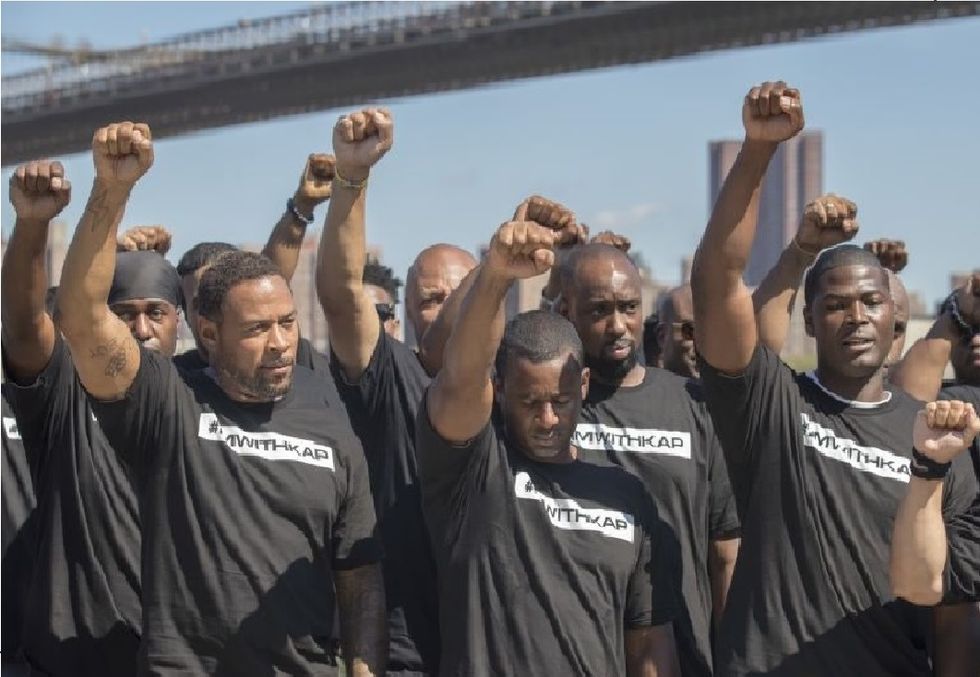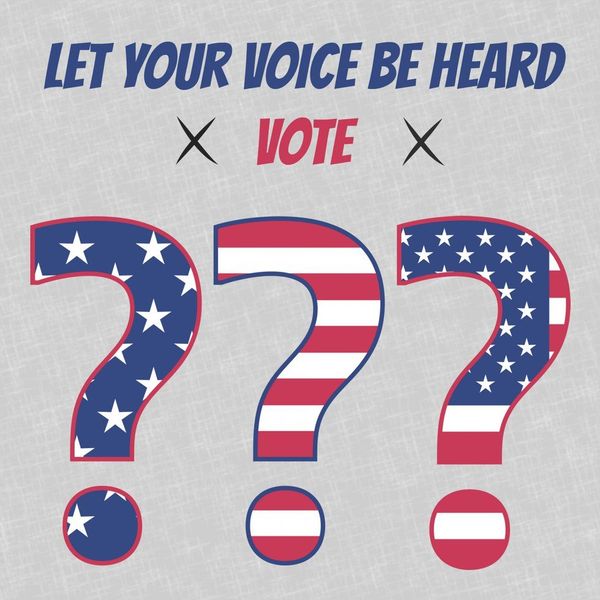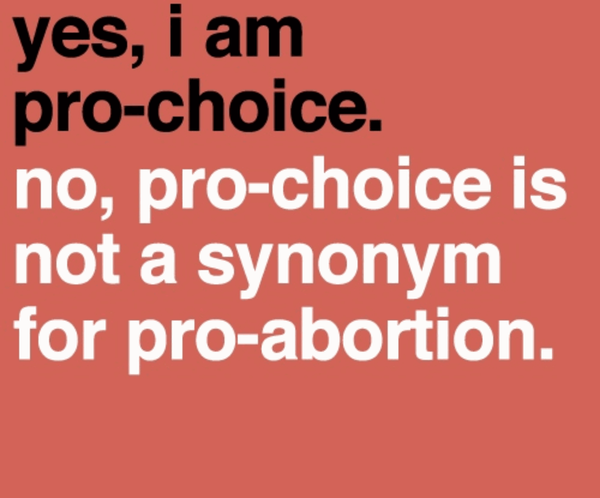Is Colin Kaepernick a role model? Was what he did the right thing to do?
Surely his status as a football player makes him a role model to the millions of boys watching football. But when he refused to stand for the National Anthem, did the fathers of those sons sit them down and explain to them why he did it? Was it significant enough to have the conversation about race right then and there?
For some, maybe it was.
In recent news, boycotts and protests have broken out in support of Colin Kaepernick, the recent San Francisco 49ers quarterback who made headlines in 2016 when he knelt down in protest during the National Anthem. Kaepernick’s reason for doing so was refusing to support “American pride” when many African American people are oppressed. In doing so, Kaepernick sent controversial shock waves through the entire country, garnering mixed reception from fans, teammates, and organizations such as #BlackLivesMatter.
The act has solidified Kaepernick’s status as a civil rights activist, revisiting the level of influence African American athletes have in politics, both historically and in present day. Many have marveled him next to well-known civil rights activists who refused to do something in protest, such as the late renowned civil rights activist Rosa Parks.
However, in recent months since the protest, controversy has come in the form of Kaepernick being released as a free agent and ultimately being blackballed across the NFL. Many fans and teammates alike have voiced their support of Kaepernick, even going so far as threatening to not watch nor support the upcoming NFL season as long as Kaepernick remains a free agent.
The role of African Americans in sports and politics is no unfamiliar topic. Well-known athletes such as Jesse Owens, Jackie Robinson, Muhammad Ali, and more, became martyrs in the fight for civil rights. In recent decades, the image and agency of African American athletes has become overshadowed by media controversy, spanning from domestic violence and drug scandals.
In regards to the recent protest concerning boycotting the NFL in support of Kaepernick, rallies and marches have been formed and has become viral all over social media. However, it is imperative and necessary to regard the meaning and understanding for the reasoning behind these protests.
It is no secret that millions of African American men and boys watch the NFL. It is no secret that the majority of the NFL, much like college and university football teams, are overwhelmingly African American male. With this, he question becomes what are African American boys and men doing by just merely not watching football? Are fathers explaining to their sons the significance of the protest? More importantly, are they leading by example when participating in the protest?
Cultural historians years from now will interpret and discuss the actions of Colin Kaepernick the same way they interpret the actions of many other African American figures. Whether what he did could be equated with civil rights activism will be up for further debate. However, with these protests surfacing, he will have some influence over Black masculinity. Fathers will begin to have the conversation of race with their sons when they watch football, realizing it is more than a game.



















